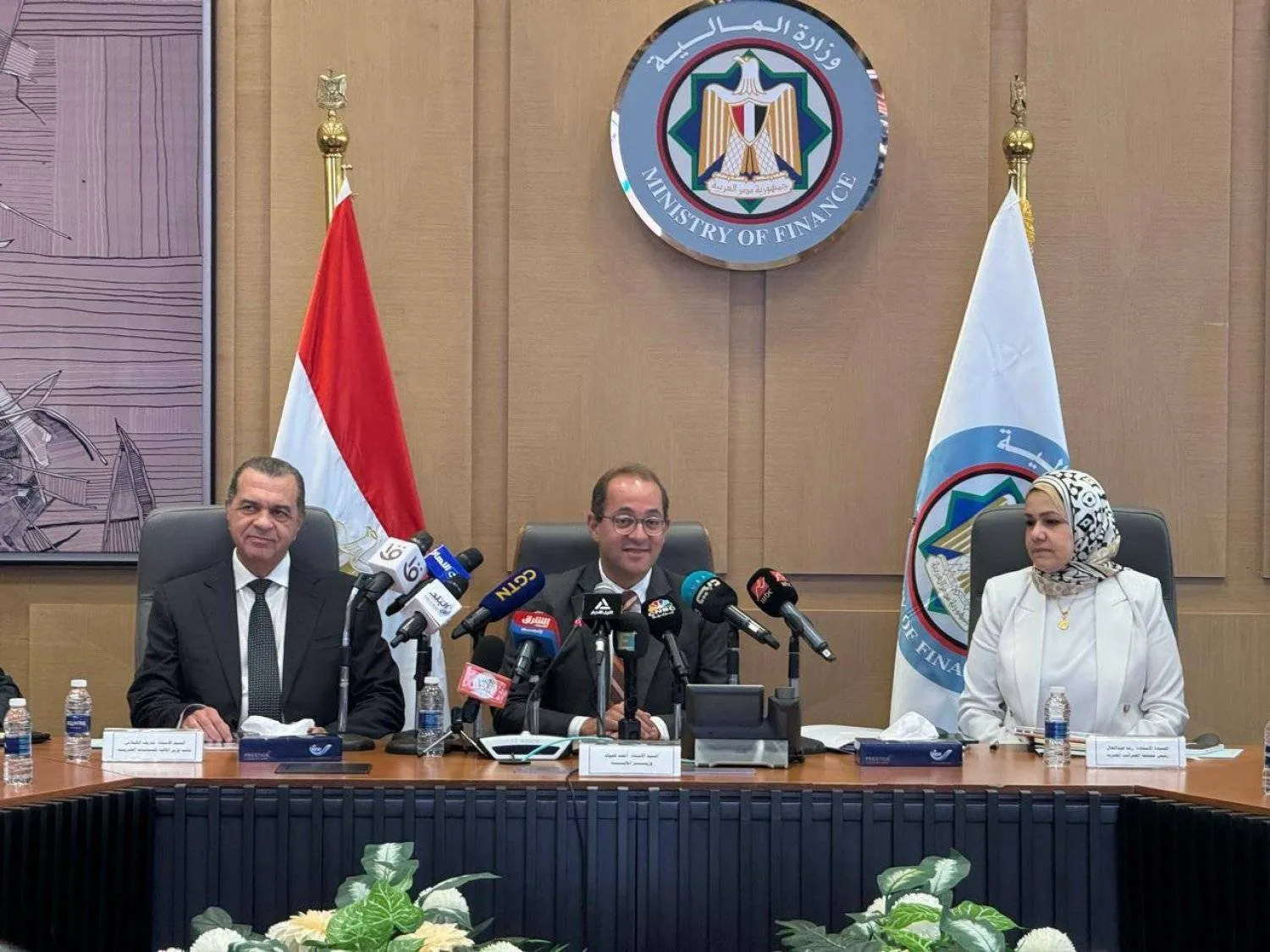Egypt’s Finance Minister Ahmed Kouchouk said on Tuesday the ministry was working to re-arrange priorities in order to contain the impact of economic reforms.
In his first press conference after assuming office, he stressed that the volume of spending on education was increased during the last fiscal year by 25 percent, the health sector by 24 percent, and the social protection sector by 20 percent.”
He added that fuel subsidies topped EGP 165 billion ($3.35 billion), an increase of 31 percent year-on-year in the fiscal year 2023-2024, while government support for food supplies rose to more than EGP 133 billion, an increase of 10 percent on an annual basis.
This year, Egypt raised the prices of fuel and bread, a heavily subsidized commodity, in implementation of one of the conditions of the International Monetary Fund’s $8 billion loan program.
The government’s priority is to maximize resources to create sufficient financial space to spend on areas of human development, emphasized the minister.
He added: “The budget figures, no matter how much they improve, will be meaningless, if they are not reflected in strengthening the performance of the economy and the competitiveness of the business community, and improving the standard of living.”
Regarding tax revenues, Kouchouk said: “No new taxes were imposed last year, and the 30% increase in tax revenues was spent on health, education, and social protection programs.”
Tax revenues grew by 60%, exceeding the rate of expenditure growth, with non-tax revenues increasing by 190%, mainly due to diversifying state resources, including the treasury’s 50% share from the Ras El-Hikma deal.
Kouchouk also stressed the government’s continued efforts to encourage investment and support economic activities despite global, regional, and local challenges.









